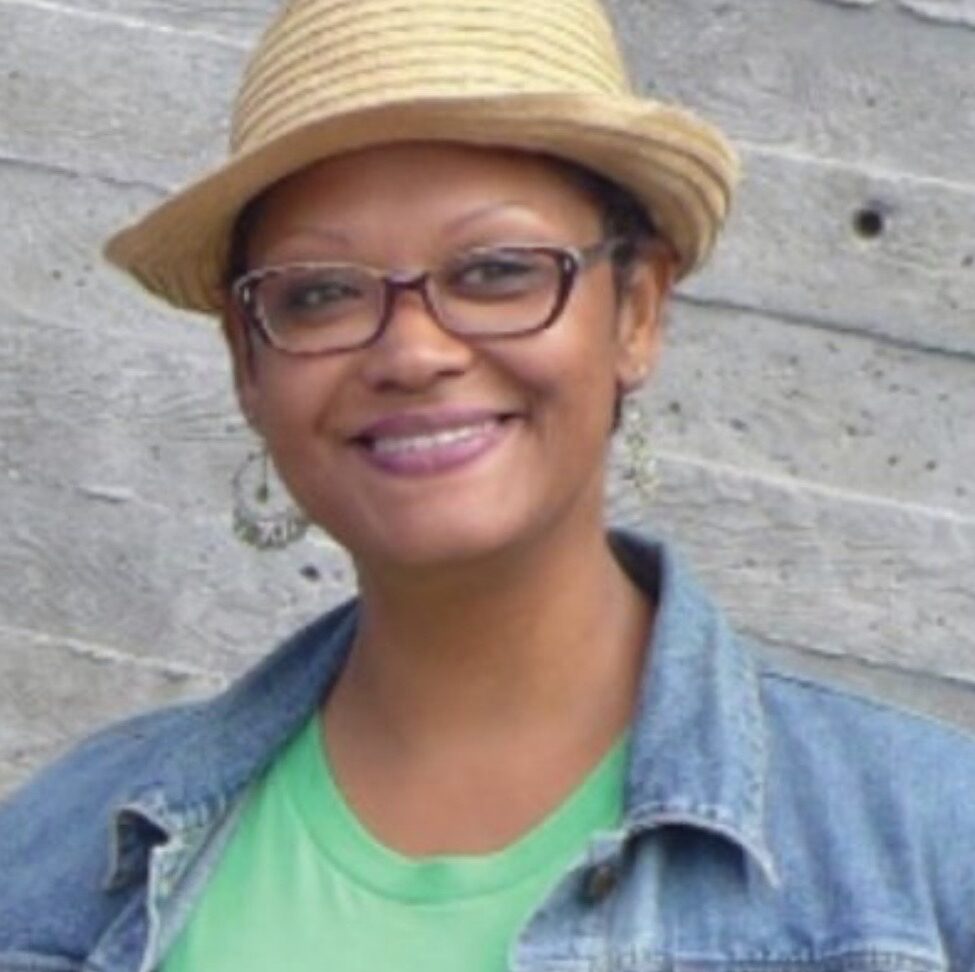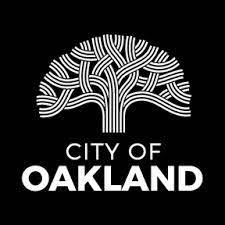
By Audrey T. Williams

It was my pleasure to be able to spend time interviewing Ms. Anne Ayana Johnson. Her family moved from Shreveport, Louisiana to Oakland back in 1944 and I have to say we talked for 2 hours and I have done my best to compress 2 hours into a 10-minute presentation.
The themes that struck me: they were a gospel singing family, they’ve been singing since they came out of the womb. They sang on the train that brought them from Shreveport to Oakland during the Great Migration, and so the title of this story is “Trains and Refrains” and there’s a play on that word “refrain” as you know in the gospel songs it comes through the lyrics the repeated chorus line or hook is the refrain, but there was also in her story that sense of the ways in which there were still times of expected behavioral refrains, there was a holding back, for example in the way Black folks were made to travel in the segregated “colored” train cars.
Ms Johnson shares what she was told by her older sister, as Ms Johnson was only a toddler on the train. Ms Johnson shares, “She remembered a lot of what it was like being on the train and it was an adventure you know and during the trip the family sang for people on the train. We were in the colored section so a lot of people knew the gospel songs we were singing.”
She said, “Well I remember a lot of fun. I wrote the songs down we used to sing, but we used to sing all the time and so you know we sang, for example when you’re in the house and Dad would start up a song and we’d have to come in with our parts you know but but that’s favorite was “This Little Light of Mine” and “Didn’t it rain children.” That was a favorite. And “I want Jesus to walk with me” and “Precious Lord, Take my Hand. My favorite I think it is,
“Sometimes I feel like a motherless child.”
Sometimes I feel like a motherless child …sometimes I feel like a motherless child, a motherless child a long way from home…A long way from home.
The great migration affected Black families the same
some left in cars some left on buses, we left by train
Daddy had gone out to California before us
But we grew up singing
Well-versed in our refrain
It was 1944 when we came out, I was around 5, but our father had that come out prior. He came before us in his love for us. His sister had sent for him. At that time we lived in Shreveport, Louisiana, that’s where I was born and all of my siblings and my mom and I think my dad was born there too, but I’m not totally sure.
Growing up I used to win the oratory contests at church because my mother would coach me you know she was a really great speaker, so you know in those days women were supposed to not be so visible in church. Though many times my mother,she wore her hair natural in the 1940’s you know she said the Lord told her she was an African woman! She didn’t have to press her hair and my daddy agreed with it, so you know so she was strange, and it was ok to be strange. Yes, at that time it was considered pretty strange.
“My sister said when we crossed the country, even on the train when we crossed the Mason Dixon line, she said that’s the only time we got a chance to go and eat in the dining car freely. Yes and she said mother was so proud of the fact that we had good manners cause she had taught us, she had a book, Miss Manners’ book, and had taught us how to eat in public you know like all this stuff.”
So literally it became OK once the train was over the line then we could go anywhere on the train. When asked about the white train passengers’ reaction to Black people joining the dining car after crossing the Mason Dixon Line:
“Were there white people that were like ‘We don’t care if we crossed the Mason Dixon, we still want it to be segregated,’ or were they fine with that?”
“It was a normal thing. When still in the South, on the other side we had to use only the colored facilities, but after passing the Mason Dixon line we were free to go back-and-forth on the train as we pleased.”
Ms Johnson shared, “What I thought about is how lucky we were to come out here to Oakland, because as sharecroppers in the South I don’t know whether we would have had some of the opportunities we add coming to California at that time. You know my brother served in the Peace Corps and he took the first Black boxing team to the Tokyo Olympics and took another team to the Olympics when it was in Mexico and I think about things like that, and he was a probation and a parole officer for many years. He retired from that but I think about how those things may not have been available to you know had we stayed in Louisiana.”
Ms Johnson’s oldest sister Georgia went on to become Georgia Van Noble, an international fashion model and icon.
Ms Johnson herself attended art school and is a painter and visual artist who also went on to become an educator serving as principal in several Oakland public schools among other things.
I want to say thank you first of all to Adrienne Oliver for gathering us all together but especially to Ms Johnson for so generously sharing her family’s stories for this Black Gold Storyteller’s event and we’ll close out with one last song.
“This little light of mine, I’m gon let it shine…”
Amen

By Audrey T. Williams
Audrey T. Williams is a speculative literary artist who writes poetry, fiction, and lyrical essays. Her work is rooted in heritage and ancestral connections. She believes stories can shift hearts and minds by reimagining and reframing the narratives we tell ourselves about ourselves to bring meaning to our lives. Audrey amplifies the voices of emerging BIPOC writers through her nonprofit, AncestralFutures.org. Connect with Audrey online: @audthentic_stories | @Virgule2020


